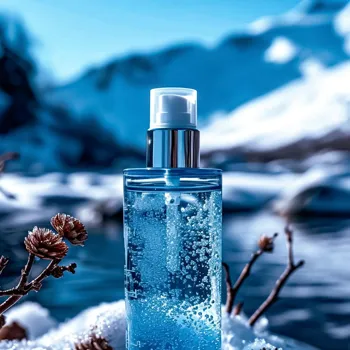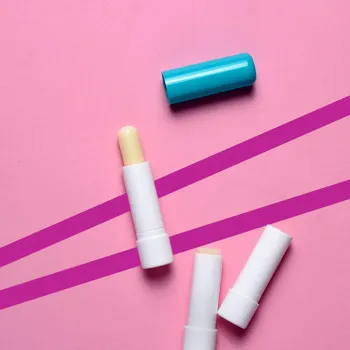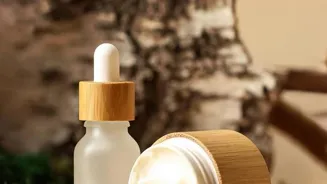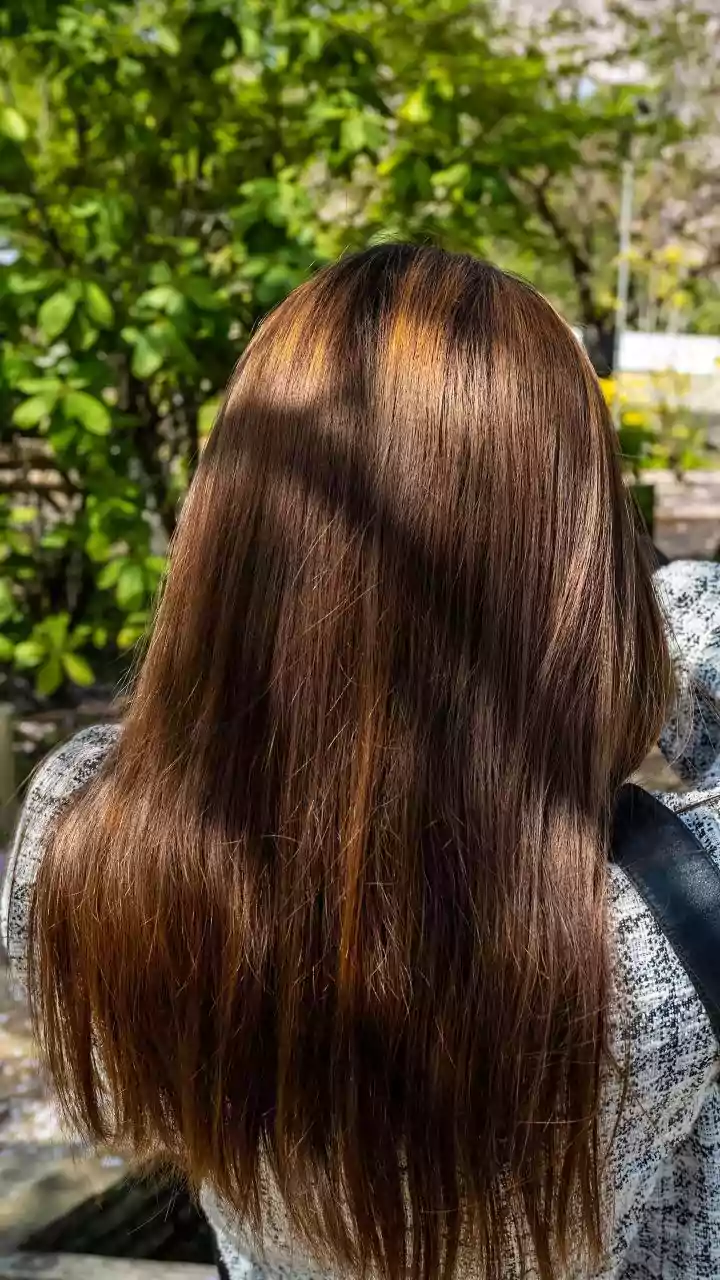Transitioning Your Skincare Routine: Summer to Winter, Indian Style. Discover essential tips for glowing skin!
Transitioning your skincare routine from Summer to Winter, Indian style
Transitioning skincare
routine from summer to winter for Indian skin
The scorching heat of summer, with its sweat, oil, and relentless sun, is finally giving way to the cooler, drier air of winter. While the change in weather might bring a welcome respite from the sweltering temperatures, it also signals a need to revamp your skincare routine.
What worked wonders during those hot months might now leave your skin feeling parched, itchy, and uncomfortable. So, how do you navigate this transition and keep your skin glowing throughout the winter season? Fret not, we've got you covered with a comprehensive guide tailored for Indian skin!
Transition from summer to winter skincare for healthy skin
The summer skincare routine often revolves around lightweight formulas, oil control, and sun protection. Think gel-based moisturisers, foaming cleansers, and copious amounts of sunscreen. These products are designed to combat excess sebum production and protect against harmful UV rays.
However, as the temperature drops, the air becomes drier, leading to moisture loss from the skin. This can manifest as flaky patches, increased sensitivity, and even exacerbate existing skin conditions like eczema.
Continuing with your summer routine in winter will only worsen these problems, leaving your skin feeling tight and uncomfortable. It's time to bid farewell to the oil-zapping products and embrace a hydrating, nourishing approach.
Winter skincare: Hydrate with rich moisturizers, use hyaluronic acid, ceramides, and shea butter
The cornerstone of any winter skincare routine should be hydration, hydration, and more hydration! As humidity levels plummet, the skin's natural moisture barrier gets compromised, leading to dryness and irritation. Therefore, switching to a richer, cream-based moisturizer is paramount.
Look for ingredients like hyaluronic acid, ceramides, and shea butter. Hyaluronic acid is a humectant, meaning it draws moisture from the air into the skin. Ceramides are lipids that help to reinforce the skin's barrier function, preventing moisture loss.
Shea butter is a natural emollient that soothes and nourishes the skin. Apply moisturizer immediately after showering or washing your face, while the skin is still damp, to lock in moisture. Don't forget about your hands and feet!
They tend to get particularly dry in winter, so keep a hand cream and foot cream handy and apply them frequently throughout the day. Opt for gentle, creamy cleansers instead of harsh, foaming ones, which can strip the skin of its natural oils.
Gentle winter exfoliation prevents skin barrier damage
Exfoliation is essential year-round but needs a gentler approach in winter. While regular exfoliation removes dead skin cells, revealing brighter, smoother skin, over-exfoliating in winter can further compromise the skin's barrier and lead to increased sensitivity.
Reduce the frequency of exfoliation to once or twice a week, depending on your skin type. Opt for gentle chemical exfoliants like lactic acid or mandelic acid, which are less irritating than harsh physical scrubs. Remember to moisturize immediately after exfoliating to replenish lost moisture.
Pay attention to how your skin feels and adjust the frequency of exfoliation accordingly. If you notice any redness, irritation, or dryness, reduce the frequency or switch to a gentler exfoliant.
Sunscreen essential year-round for skin protection. Apply daily
Sunscreen - a non-negotiable, even in winter! Many folks believe that sunscreen is only needed during summer. However, UV rays are present year-round, even on cloudy days. These rays can penetrate clouds and cause damage to the skin.

Continue using a broad-spectrum sunscreen with an SPF of 30 or higher every day, even in winter. Apply it liberally to all exposed areas of skin, including your face, neck, and hands. Reapply every two hours, especially if you are spending time outdoors.
Consider using a tinted sunscreen or a BB cream with SPF for added coverage and a hint of color. Remember, sun damage is cumulative, so protecting your skin from the sun year-round is crucial for maintaining healthy, youthful-looking skin.
Winter lip care: hydrate, use lip balm with beeswax, shea butter, avoid licking lips
Lip care is often overlooked, but it's crucial during winter. The lips are particularly susceptible to dryness and chapping as they lack oil glands. Invest in a good quality lip balm with moisturizing ingredients like beeswax, shea butter, or coconut oil.

Apply lip balm frequently throughout the day, especially before going outdoors and before bed. Avoid licking your lips, as this can actually worsen dryness. If your lips are severely chapped, consider using a thicker lip ointment or a lip mask overnight.
Exfoliate your lips gently with a soft toothbrush or a sugar scrub to slough off dead skin cells and improve absorption of lip balm. Staying hydrated by drinking plenty of water also helps to keep your lips moisturized from within.
Winter skin care: lifestyle changes for healthy skin
Lifestyle changes can significantly impact your skin's health during winter. Taking shorter, lukewarm showers can help prevent moisture loss from the skin. Avoid hot showers, as they can strip the skin of its natural oils. Use a humidifier to add moisture to the air, especially in your bedroom.
This can help prevent dryness and irritation. Drink plenty of water throughout the day to stay hydrated from within. Consume foods rich in antioxidants, vitamins, and healthy fats, such as fruits, vegetables, nuts, and seeds. These nutrients can help to nourish the skin and protect it from damage.
Get enough sleep, as sleep deprivation can weaken the skin's barrier function and make it more susceptible to dryness and irritation. Manage stress levels, as stress can also negatively impact skin health.


















